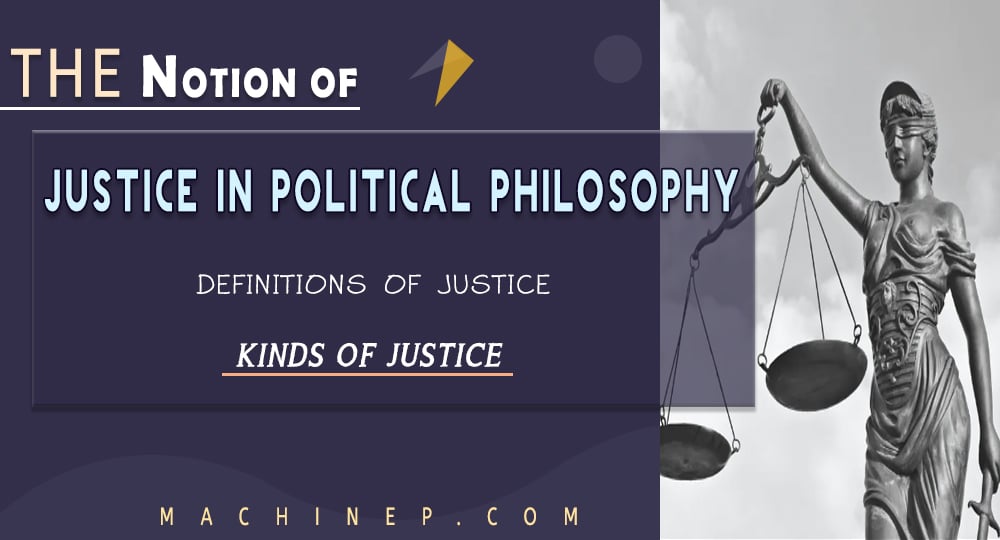Effective human resources management is essential for the success of any organization. As a human resources manager, you need to possess a wide range of skills to effectively manage your team, address organizational challenges, and drive business growth. Here are some essential professional skills that every human resources manager should have.
7 Top Skills of a Human Resource Manager
1. Organizational Skills
Good time management, file management, and organizational skills are crucial for success in an organization. As a human resources manager, you need to stay organized and prioritize tasks to ensure that everything is completed on time and with accuracy. You must have the ability to manage and oversee multiple projects simultaneously, ensuring that deadlines are met and work is completed efficiently.
2. People Skills
As a human resources manager, you are responsible for managing a variety of personalities within your organization. You need to possess strong people skills and can handle conflict and coach others. You should be able to communicate effectively with individuals at all levels of the organization and develop relationships built on trust and respect.
3. Strategic Mindset
You must have the ability to plan far in advance and look at trends that could affect the environment of business operations. As a human resources manager, you must be able to understand the goals and objectives of the organization and align your efforts accordingly to help drive business success. This requires a strategic mindset and the ability to anticipate future challenges and opportunities.
4. Technical Skills
To be an effective human resources manager, you must know state-of-the-art practices in areas such as staffing, developments, rewards, organizational design, and more. It is important to stay up-to-date with the latest trends and technologies that are impacting the HR industry and implement them effectively within your organization.
5. Leadership Skills
Human resources managers need to play a leadership role with regard to the organization’s human resources. In today’s environment, leadership often requires helping the organization manage change. As a human resources professional, you must oversee the change process and provide guidance and support to ensure that the transition is successful.
6. Decision-Making Skills
Good decision-making is critical for human resources managers. You must know the organization’s line of business and the implications of different decisions on the social and ethical implications of alternatives. This requires a deep understanding of the business, as well as the ability to consider multiple perspectives and outcomes when making decisions.
7. Understanding of HR Policies and Regulations
To be an effective human resources manager, you must have a thorough understanding of specific job areas such as employee database management, employment laws, and more. This knowledge will enable you to develop and implement policies that are compliant with relevant regulations and provide the necessary support to employees.
By possessing these professional skills, you can effectively manage your team, drive business success, and ensure that your organization is compliant with relevant regulations. Human resources management is a dynamic and constantly evolving field, so it’s important to continuously improve your skills and stay up-to-date with the latest trends and technologies in the industry.
» MORE: What is Human Resource Management(HRM)? Responsibilities of an HR Manager
5 Crucial Role of Human Resources in an Organization
Human resources management is an essential part of any organization, responsible for ensuring that employees are recruited, trained, motivated, and supported in their work. This involves a range of skills, including good time management, file management, multitasking, people skills, and a strategic mindset.
1. Strategies for Effective Staffing
The process of hiring new employees involves several stages, including staffing, recruitment, multiculturalism, and selection. Human resources managers need to ensure that the right people are hired for the job, taking into account factors such as skills, experience, and personality.
2. Developing Workplace Policies to Ensure Fairness and Continuity
Every organization needs policies to ensure that employees are treated fairly and that operations are conducted smoothly. The development of workplace policies involves collaboration between human resource managers, management, and executives, covering areas such as discipline, dress code, ethics, vacation time, resignation policies, and travel arrangements.
3. Compensation and Benefits: A Key Factor in Attracting Talent
Determining the appropriate compensation for employees is essential in attracting and retaining talented staff. Human resources management needs to ensure that compensation packages are competitive, taking into account factors such as experience, education, age, and qualifications.
4. Retention: Keeping and Motivating Employees
One of the most important roles of human resources management is to keep employees motivated and committed to the organization. This involves creating incentives, such as early payment of salary, good working conditions, a healthy environment, and safety consciousness.
5. Training and Development: Enhancing Employee Capacity
Human resource managers need to organize training and development programs to enhance employee capacity. This can include computer programs, building skills, legal training, and ethics training, among others. By investing in their employees’ development, organizations can improve productivity, job satisfaction, and overall performance.
Key Takeaway
The roles and professional skills of human resources management are essential for the success of any organization. From the ability to manage time and work on multiple tasks to understanding specific job areas and possessing strong leadership skills, HR managers play a critical role in the success of an organization.
By developing workplace policies, administering compensation and benefits, and implementing effective retention and training programs, HR managers can ensure that the organization attracts, retains, and develops the best talent. By continually improving their skills and staying abreast of the latest HR practices and trends, HR professionals can help drive the organization’s success and achieve its goals.






Thanks for sharing
Great. Team building should also be among I think